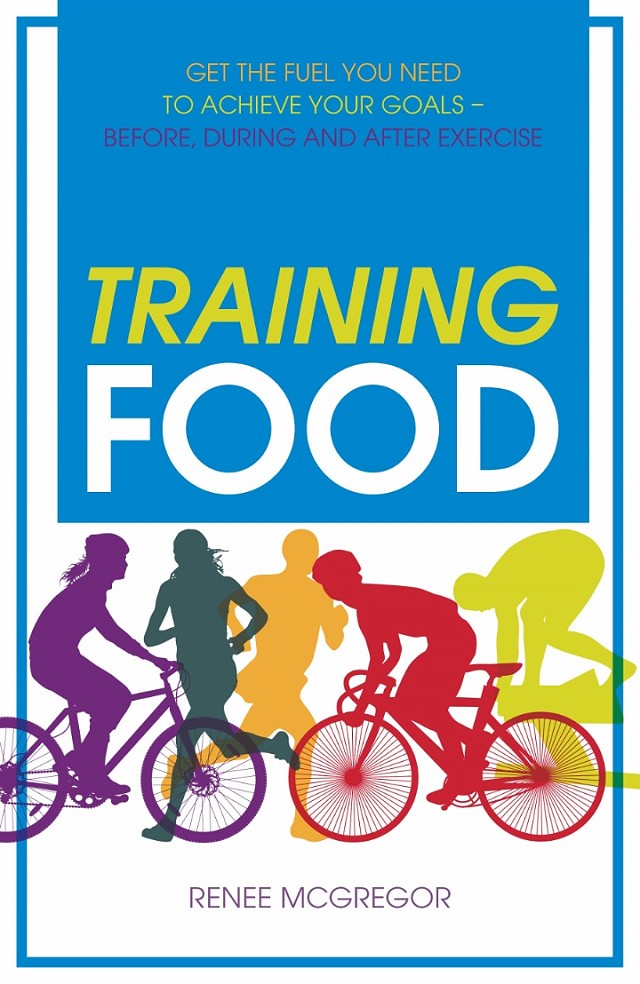What Kinds Of Food Should Cyclists Eat?
Easy to digest carbohydrates are one of the most important parts of any cyclist’s diet. You should be consuming enough starch and sugars in order to produce the glucose and glycogen your body needs. In order to replenish these stores just before or after a ride, you should consume easy-to-digest carbs such as rice, quinoa, oatmeal, pasta, sweet potatoes and green and leafy vegetables.
On a similar strain to carbohydrates, easy to absorb proteins are a must-have in any cyclist’s diet, whether you’re catering for daily nutrition or a training regime. Some of the most easily digestible proteins include protein powders (e.g. milkshakes), eggs, cottage cheese, fish, Greek yoghurt and chicken.
For a real boost of energy, you’ll need to be consuming enough healthy fats. While you should typically avoid overly fatty foods, those with fatty acids are a great way to train your body into using fat reserves for riding, rather than sugars. This way, you won’t need to rely fully on carbohydrates. Some of the healthier fat-holding foods include avocado, full-fat dairy products, olive oils, coconut oil and nuts.
- Foods Rich In Glutathione
Glutathione can help your cells to better utilise the oxygen that your body is absorbing throughout any standard day, or any training regime. They can help you to optimise the way your body functions by improving oxygen saturation throughout your blood and muscles. These foods include garlic, onions, bioactive whey protein and cruciferous vegetables including cauliflower, cabbage, kale, cress and more.
In order to develop strong bones, your body needs plenty of vitamin D and calcium. Vitamin D is essential in aiding the process, of building strong bones and while sun exposure is typically the best way to get that much-needed boost, there are a few foods to add to your diet that can help, particularly in the duller months. For a vitamin D boost, try foods like fatty fish, beef liver, eggs and cheese.
As with vitamin D, calcium is crucial in the production of strong bones. If you’re low on calcium, you are at a higher risk of stress fractures and bone breakage through other injuries, however it’s easy to give your body the boost it needs. Along with dairy products, other foods rich in calcium include green, leafy vegetables, sunflower seeds, clams, figs, sweet potatoes and broccoli.
Omega-3 is a great food to eat as part of an anti-inflammatory diet. It can protect your body against fatigue-induced illnesses and are also high in antioxidants. Foods to consider that are rich in omega-3 acids include berries, vegetables, egg yolks, nuts, seeds, citrus fruits and, of course, fatty fish.






